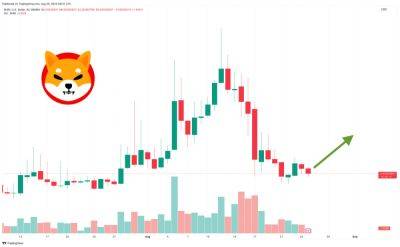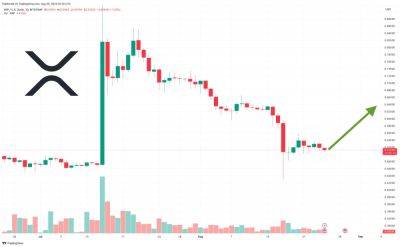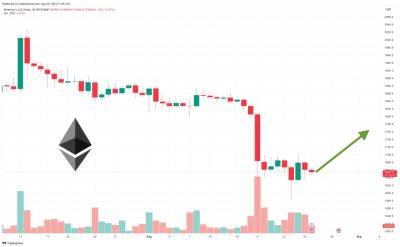Bitcoin support levels to watch as BTC price aims at $28K
Bitcoin (BTC) is struggling to avoid further losses this week as an extended sideways trading period risks ending in a breakdown.
BTC price action, long constricted by resistance above $30,000, is looking increasingly unstable, data from Cointelegraph Markets Pro and TradingView shows.
The latest Federal Reserve minutes served to sharpen Bitcoin bears’ game on their release on Aug. 16, with buyside interest declining to send BTC/USD to near two-month lows of $28,300.
Given the narrow trading range in place since June, the drop was significant, even if totaling less than $1,000 in U.S. dollar terms.
Now, traders and analysts are preparing for further support retests, including levels not seen since earlier in the year.
The top to near $28,000 has placed major long-term trend lines back in focus for Bitcoin market observers.
Among these is James Straten, research and data analyst at crypto insights firm CryptoSlate. For him, both the 200-day and 200-week simple moving averages (SMAs) are the lines in the sand for bulls.
#Bitcoin support levels now become200 DMA: $27,250200 WMA: $27,320 pic.twitter.com/biT8OCqhNG
The 200-week SMA is a classic support line during periods of downward BTC price pressure, and losing it is a phenomenon characterizing the pit of Bitcoin bear markets.
2022, however, saw Bitcoin’s longest-ever spell below the 200-week SMA.
This month, analysis predicted that holding the key trend line would be one factor allowing BTC price performance to flip "full bull" next month.
The significance of the current Bitcoin spot price range becomes apparent when taken from the perspective of support trend lines.
Various trend lines, including simple (SMAs) and exponential (EMAs) moving averages, now form a cluster between
Read more on cointelegraph.com






















